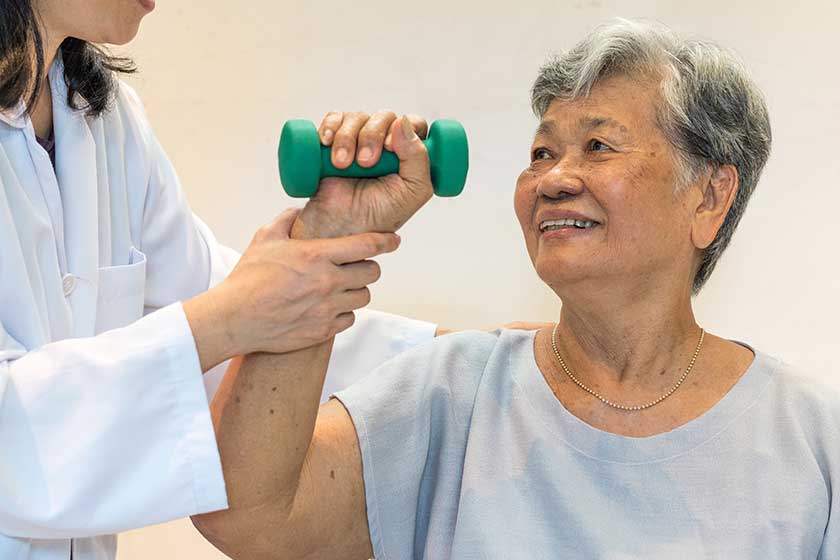As we age, there will be many challenges that will no doubt occur and disrupt our lives. This is inevitable, and in some cases, has no cure, though there are treatments and therapies to manage the problems. You’ll realize that as we transition to middle age, medical issues and stress may be more commonplace. If your loved ones are currently in that situation or facing difficulty in making the change, support from a therapist or medical professional can be extremely helpful. In this article, we look into therapy for loved ones, and the specific kinds to address specific needs.
Therapy for Geriatric Syndromes
Common geriatric syndromes include bladder problems, sleep issues, dementia, and weight loss. These problems can hinder your loved ones from functioning well and are incredibly detrimental to their mental health.
Geriatric counseling helps to manage these problems by facilitating communication between loved ones and their families, as well as providing nurture and care. What’s important about this therapy is that medical professionals are able to make the transition of aging much easier on your loved ones, and to better manage their emotions. These medical professionals are essential pillars of support.
Therapy for Cognitive and Mental Health
For loved ones who are diagnosed with Alzheimer’s disease, dementia, or other memory-related illnesses, they might tend to experience mental decline over the years. Depression, anxiety, and aggressive behavior are common symptoms that arise from memory impairment. In fact, multiple studies have shown that over 15% of older adults suffer from some kind of mental health condition.
This proves that mental health should be taken seriously, and the best people to offer help are cognitive therapists and mental health counselors. Such therapy involves structured sessions in order for the counselors to better understand their patients’ problems and emotions, and offer ways for the patients to manage these issues.
Diet Therapy
Diet therapy is all about promoting an ideal diet so as to prevent and treat illnesses like heart disease, diabetes, and obesity. Diet therapy is conducted by a physician, who will either modify their patient’s current dietary lifestyle or recommend a more fitting diet. Several therapeutic diets are commonly suggested for older adults, such as clear liquid, full liquid, high fiber, fat-restricted, renal, and many more. Since everyone has different needs, it’s crucial that your loved ones do not self-diagnose themselves and should instead seek a physician to achieve a healthier dietary lifestyle.
Physiotherapy and Rehabilitation
It’s no secret that the body becomes weaker and less mobile as we grow older. This can cause several problems like falls and injuries to occur at a more frequent rate. Physiotherapy is, therefore, a wonderful intervention method as it not only improves mobility and balance but also boosts strength and self-confidence. Over time, patients have a higher quality of life as they are increasingly independent, which no doubt positively affects their mental health. In a physiotherapy session, the physiotherapists will work together with loved ones to design a specialized plan that addresses that unique needs, and ensure that these needs are achievable.







